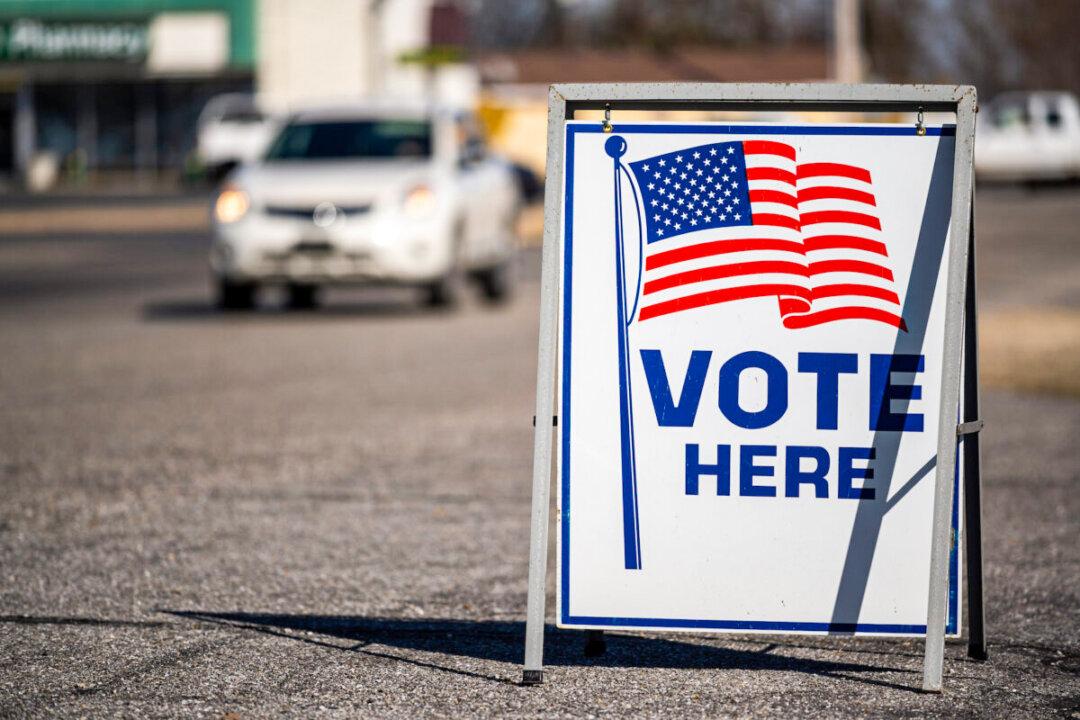Commentary
I’ve dedicated myself to learning about the voting process in the United States ever since I lived through the disastrous Virginia elections of November 2019.

I’ve dedicated myself to learning about the voting process in the United States ever since I lived through the disastrous Virginia elections of November 2019.